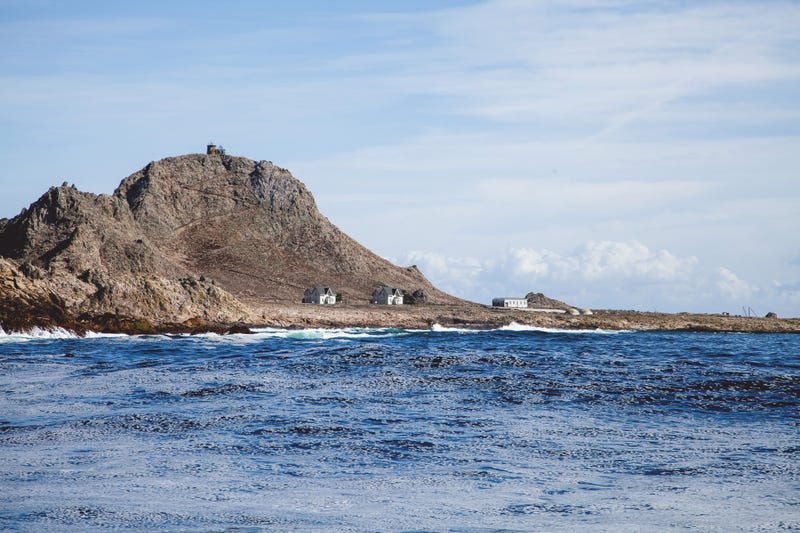
Wildlife officials are considering bombing the Farallon Islands with rodenticide in an attempt to kill an invasive mouse species.
In a federal proposal, the U.S. Fish and Wildlife Service suggested that Brodifacoum, a common rodenticide, be dispersed in pellet form across the islands to eradicate the mouse problem which has seriously impacted native wildlife.

The rodenticide will be the main topic of conversation at an upcoming California Coastal Commission meeting, backed by the Marin Audubon Society and U.S. Sen. Dianne Feinstein.
Feinstein said in a letter to the commission, collected by KNTV, that Brodifacoum "has been proven to be safe and effective on nearly 700 islands worldwide, including California's Anacapa Island in the Channel Islands National Park."
The Audubon Society seconded Feinstein's statement, affirming that the rodenticide would "have long-term benefits, restoring the island to a more natural state," as the seabird breeding colony that lives on the Farallones would no longer be in competition with the mice.
"There have been many islands, more than 600, from which rodents have been successfully removed and the ecosystems restored, using the proposed method," Marin Audubon Society said. "Sea birds most impacted by the presence of the mice are declining in numbers. Restoring the ecosystem of these critical islands can't wait any longer."
However, there are some opponents to the proposal who believe that the poison will cause many more problems than it will solve. "This deadly poison would become part of the food web, killing exponentially more animals than it could possibly save," Lisa Levinson, a spokesperson for In Defense of Animals, said in a statement collected by the station.
The California Coastal Commission will consider the decision during a meeting Thursday. KCBS Radio has reached out to California Coastal Commission, but has not yet heard back.

